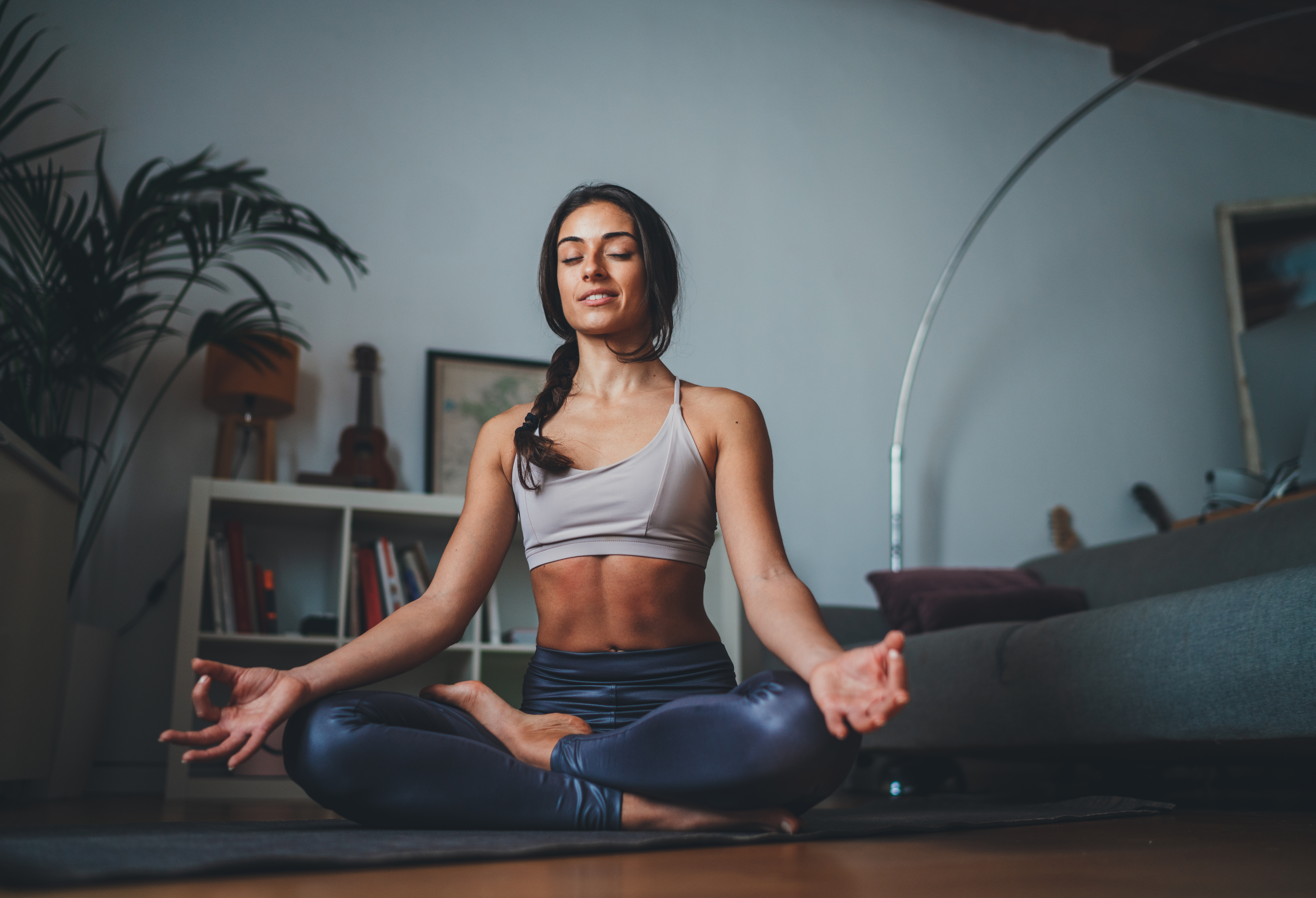Any relationship takes combined effort to thrive. As human beings, we’re all wired for connections and emotional intimacy.
However, in seeking stable, healthy relationships, we often tend to the needs of our partners rather than our own. As a result, we neglect the most important facet of prosperous relationships: self-care.
Our founder, Dr. Dana McNeil believes in putting yourself first by practicing self care in relationships. It’s essential to keeping yourself, your partner, and the whole relationship healthy.
Dr. Dana Mcneil sees self-care as a necessary practice for everyone, especially between partners in a relationship. “Self-care is not a luxury or an indulgence,” she says. “If you don’t have any gas in the emotional tank left you are not going to be able to show up and give back. You must stop and put gas in the tank and self-care is the way to do it.”
Cultivating a healthy bond means practicing self-care on a daily basis. Above all, it means understanding what makes it so powerful.
Why Self-Care in Relationships Is Important
Self-Care Teaches You to Love Yourself First
The phrase “you need to love yourself first” is overused, but only because it’s the naked truth. Dr. McNeil adds her own perspective by saying that “you can’t physically, emotionally, or mentally give to others if you are wiped out.”
Failing to love yourself usually indicates that your cup of affection may never be full. Due to this, you may unknowingly “use” your partner to fill that emotional void. This constant need for outside validation is a telltale sign of codependent relationships.
Conversely, by loving yourself first, you’ll be able to turn inward when you need validation. This will help you retrieve the true purpose of your relationship, which is to care for your partner and yourself in a healthy, cooperative way.
It Strengthens Your Sense Of Self
Not all of your values will be aligned with your partner’s. That’s expected and even encouraged, as it strengthens your sense of self.
Before your partner came along, you already had your own preferences, passions, needs, and values. Still, it’s easy to lose track of who you used to be when you want to make someone else happy.
That’s counterintuitive, as making yourself happy is key to making your special person feel that same happiness. You can do that by making time for your interests and hobbies outside of the relationship.

It Encourages an Interdependent Relationship
Self-care is the staple of interdependent relationships. It supports both partners’ individual needs while still allowing plenty of flexibility for each other.
“An interdependent relationship encourages you to rely on your partner and be reliable in return – but only for things inherent to the relationship,” says Dr. McNeil. In her words, part of creating a life together is having room for the interests the couple doesn’t share.
Namely, the activities that bring you joy, but don’t necessarily delight your partner. Make time for those.
It Supports Healthy Boundaries
“By letting a romantic partner know that you prioritize your mental, physical, and emotional health, you are setting expectations about what a relationship with you will look like,” Dr. McNeil shares.
Setting healthy boundaries for yourself means you’re more likely to stick with your commitments – be they personal or interpersonal. It also means you respect your partner’s boundaries. If they said “no” to you, you would choose not to take it personally. This choice, in turn, would avoid slow-burning arguments.
While your boundaries should be open to healthy compromise, they shouldn’t be overstepped. A great example from Dr. McNeil is deciding whether to go out when you prefer to stay home.
“For example, if you feel your health would suffer going out, then you’d stick to your boundary,” she suggests.
Self-Care Can Also Improve Your Overall Health
According to Southern New Hampshire University, engaging in a self-care routine has been clinically proven to either reduce or eliminate depression, anxiety, and stress. It has also been proven to increase happiness and improve energy levels.
Therefore, we can infer that self-care contributes to physical and mental well-being. As you become a healthier, happier version of yourself, you’ll be able to make a positive impact in your partner’s life.
6 Self-Care Habits You Should Start Practicing
1. Understand What Self-Care Is Really About
“It’s not so much about baths and pedicures as it is about caring for yourself as a human and prioritizing your mental/physical/emotional needs,” says Dr. McNeil.
Self-care is about habitually pursuing activities that bring you joy, as well as ensuring your physical and mental well-being. This way, your inner support system will be enough for yourself and the people you care about.

Once you understand self-care isn’t a luxury but a necessity, you’ll realize its power to improve your relationship, simply because it improves your life as a whole.
2. Distance Self-Care From Selfishness
As long as you associate self-care with selfishness, you’ll feel guilty about putting yourself first.
Contrary to popular belief, investing time and energy in yourself is a productive act of love. In fact, according to Psychology Today, “setting limits in order to make time for self-care is perhaps one of the most selfless things you can do, as it provides you the ability to care for others.”
Surround Yourself With People Who Make You Feel Good
Making time to interact with like-minded people other than your partner is an important aspect of self-care. It doesn’t matter if they’re friends or family, as long as they make your journey more meaningful.
There is some truth to the saying “you become who you surround yourself with.” While that doesn’t mean you’ll morph into a different person, surrounding yourself with people you love can bring out the best in you, and consequently in your relationships.
3. Schedule “Me” Time
Yes, make an effort to schedule time for self-care. Prioritize it as you would any unmissable appointment in your calendar. It could be as simple as scheduling a “self-care night” once a week.
Even if you live with your partner, spending time alone is crucial. Whether you’re just reading or listening to music in an adjacent room, you should do something that brings you joy and helps you recharge.
Ideally, you should share your self-care plans with your partner. And, if they love you, they’ll support you every step of the way.
4. Learn to Say “No”
One of the biggest red flags of codependency includes saying “yes” when you want to say “no.”
An ability to say “no” is directly tied to setting healthy boundaries and trusting oneself. According to Good Therapy, “being able to say no may enable you to be more honest and authentic with others. You may be less likely to feel taken advantage of, and people may learn to come to you for the things to which you are more inclined to say yes.”
Being honest, in turn, bolsters trust – also known as the cornerstone of every healthy relationship. As you can see, self-care can create a positive chain reaction in all areas of your life.
5. Heal Old Wounds
Old wounds can disproportionately affect current, unrelated situations. As a result, burgeoning insecurity can steal into your self-esteem and your relationships.
When your old wounds start surfacing, that’s between you and yourself. Your current partner has nothing to do with it, and your past partner is hopefully no longer in the picture.
It’s up to you to work through that emotional damage and regain your self-esteem. However, this can be a tough path to go alone.

6. Give Individual Therapy A Shot
Most people don’t realize how individual counseling lays the foundation for couples therapy.
What’s more, any relationship can become stronger and more balanced if one of the partners takes the initiative for positive change.
Building an interdependence with your partner is key to achieving a healthier relationship and marriage in the long run. You don’t have to do everything with your partner. In fact, doing individual work is part of healthy internal growth and a need in your relationship. Security in each partner’s personal life is necessary to avoid insecurities and overreliance on each other.
With individual therapy, you’ll be more self-aware and better equipped to handle relationship obstacles, such as arguments and even potential breakups.
If you find yourself struggling in your current relationship, you may want to consider individual therapy before couples therapy. It can be a life-changing alternative, especially if your partner isn’t open to the idea of couple’s therapy at first.
Become a More Compassionate Partner With Consistent Self-Care
When both partners are healthy and happy, relationships flow better. That’s why we encourage you to treat your self-care routine as a priority. The more you practice it, the sooner you’ll notice how nurturing your own presence can be. And so will your partner.

